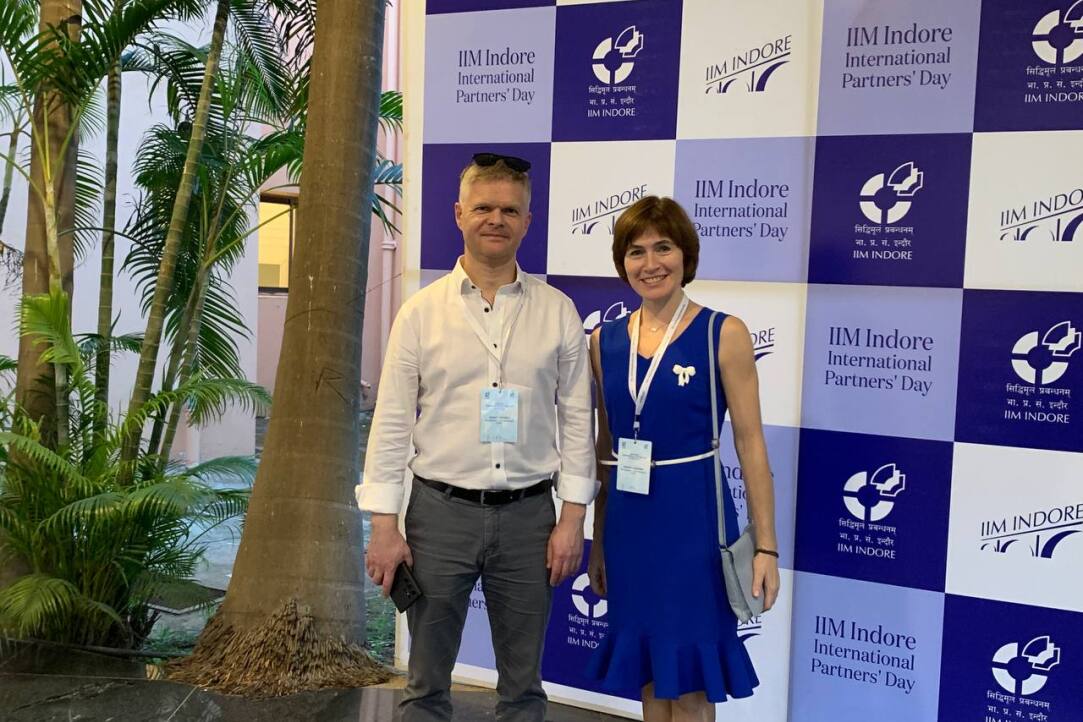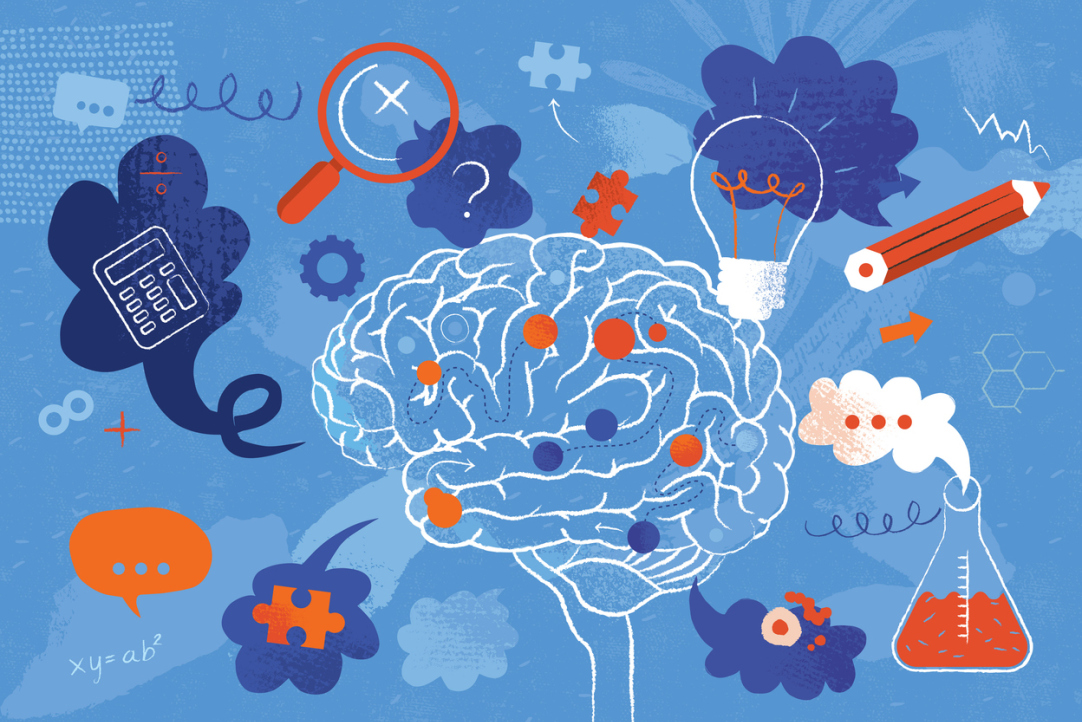
'When You Transform the Environment around You, That Is Definitely a Success'
A year ago, Inna Andreyanova, Director of Corporate Development at the Foundation for the Development of ISTC 'Intelligent Electronics–Valdai' and graduate of the Master's Programme in Management in Higher Education at HSE University, took up the position of General Director of the Foundation for the Development of the UNITY PARK Innovative Scientific and Technological Centre in Surgut. In this interview, Inna Andreyanova talks about working on the development of a major federal project, her studies at HSE University, and the motivation she draws from a job that makes full use of her skills.

How Colour Affects Pricing: Why Art Collectors Pay More for Blue
Economists from HSE University, St Petersburg State University, and the University of Florida have found which colours in abstract paintings increase their market value. An analysis of thousands of canvases sold at auctions revealed that buyers place a higher value on blue and favour bright, saturated palettes, while showing less appreciation for traditional colour schemes. The article has been published in Information Systems Frontiers.

‘It’s Important to Me Not to Rest on My Laurels’
Uliana Kisataeva, a student at the HSE Graduate School of Business, was one of the winners of the UN Global Compact PRME 2025 Business Case Competition supported by the United Nations. As part of the competition, Uliana presented a digital platform called Green B2B Match, which can help businesses reduce their carbon footprint and contribute to the development of responsible consumption. In an interview with the HSE News Service, she spoke about her project, the competition, and her victory.

HSE University–St Petersburg to Create Joint Continuing Education Programmes with Indian Business School
A delegation from the Institute for Continuing Professional Education at HSE University–St Petersburg discussed new cooperation formats with the Indian Institute of Management Indore (India). The partnership opens up new opportunities for HSE University–St Petersburg to create interdisciplinary programmes with strong practical elements and immersion in the business cultures of the Asian region.

Master’s Students of HSE, University of Campinas, and Tsinghua University Publish Joint Student Research Collection
Master’s students of the HSE ISSEK programme ‘Science, Technology and Innovation Management and Policy’ have released a joint research collection with the University of Campinas (Brazil) and Tsinghua University (China) titled ‘Being Innovative or Being on the Safe Side—Managing the Risk of Failure.’ The authors explore how organisations perceive risks and embrace innovation within different cultural contexts.

‘A Turn Away from Stereotypes’: Moscow Hosts ‘Researching the Deaf Community’ Conference
On October 17–19, 2025, the third annual interdisciplinary conference ‘Researching the Deaf Community 2025: on the Periphery of Attention’ took place at GES-2 House of Culture in Moscow. The event was organised with the participation of the HSE International Laboratory for Social Integration Research. HSE University Vice Rector Irina Martusevich addressed attendees at the opening ceremony.

‘Making the World a Better Place’: Tatyana Kim Meets with HSE University Students in Perm
HSE University in Perm hosted a meeting with Tatyana Kim, head of RWB and founder of Wildberries, Russia’s largest online retail platform. The event took the form of an open dialogue and was devoted to the role of marketplaces in the digitalisation of the economy and the development of small and medium-sized businesses.

Exploring the Mind: HSE Scientists Discuss Cognitive Technologies of the Future
Why we make irrational decisions, how the brain responds to fakes, and whether neural networks are capable of thinking—these were the topics discussed by early-career scientists of HSE University during the NAUKA 0+ science festival. The event brought together students and experts from various fields, united by a common goal—to deepen their understanding of the human brain and cognitive technologies.

‘Russians Have a Very Rich Culture and History’
On October 10, 2025, the central atrium of HSE University’s Pokrovka campus hosted the Day of Russian Culture. Students of HSE International Prep Year programme had the opportunity to explore Russia’s traditions, art, and customs, as well as sample national delicacies. As always, the event was organised by HSE University’s Support and Career Centre for International Students and Alumni.

New Method for Describing Graphene Simplifies Analysis of Nanomaterials
An international team, including scientists from HSE University, has proposed a new mathematical method to analyse the structure of graphene. The scientists demonstrated that the characteristics of a graphene lattice can be represented using a three-step random walk model of a particle. This approach allows the lattice to be described more quickly and without cumbersome calculations. The study has been published in Journal of Physics A: Mathematical and Theoretical.

